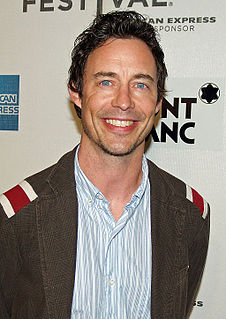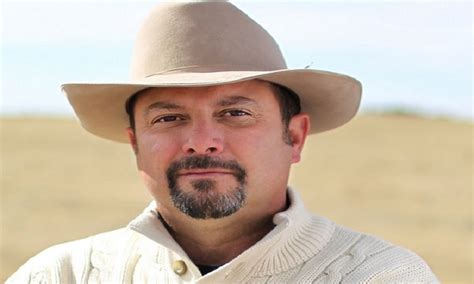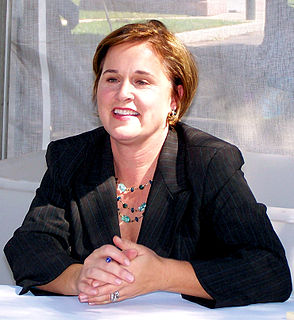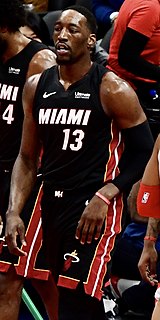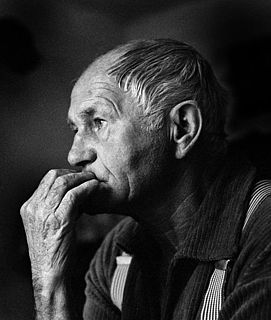A Quote by George Saunders
There were several points where I would kind of turn to the book and say, "Get thee behind me." I don't think real novelists do that. But I make a distinction between prose that's very efficiency-minded (like, the minimum I can get away with), versus loosening the screws and letting the words spill out beautifully and so on.
Related Quotes
I think that's always been part of the thinking behind the script, that - and I really tried really hard to impress that upon the staff of the show, the animation staff - to try to get them to understand that we would only be able to get away with what we were writing if the visuals were appealing enough that it was like a balance, and even people who didn't like what they were hearing would still not want to turn away because what they were seeing was so nice. So that was kind of my hunch, and I think it worked.
I'm often a little perplexed, when I read a review of a book, by the quotes that are pulled out as evidence of excellent prose. I don't think great novels are necessarily composed of great prose, or that there's a correlation between beautiful prose and the quality of a work of fiction. A really good, interesting novel will often let a little ugliness get into its words - to create a certain effect, to leave the reader with a certain sense of disorientation.
To me, my favorite comic book movies were the ones that were never based on comic books, like Unforgiven. That's more the kind of thing that get us inspired. Usually when you say something's a comic book movie, it means you turn on the purple and green lights. Suddenly that means it's more like a comic book, and It's not really like that.
When a movie is being rolled out, the studio publicists and all our individual publicists get together and come up with bullet points and talking points - 'Make sure you stay away from this,' and 'Don't say that quite that way, because that quote can be taken out of context,' and that kind of thing.
When I started that's how I wrote because I didn't know any better. I was just like "I want to make music." Then there were all these things that I learned to get myself over certain humps, but I think it just comes down to: do I have something to say or not? If I'm feeling something I should try to get that out, and maybe it's not words, but trying to turn it into something.
I would like to say that whites jumped right behind Malcolm X. They’re makin’ a book about him, it’s required readin’ in all colleges now, and they’re makin’ a movie about him, and projectin’ him as the leader and if you read his book and see the movie that’s comin’ out, it’ll make you hate Elijah Mohammed and the Muslims. Mainly, this is done to turn the black people against the real leader and I’d like to say that this is the way white people rule.
I think the single most important political distinction today is actually between open-minded versus closed-minded, and that's why I think this crosses the boundaries of traditional - center-right and center-left have much more in common with each other right now than the right does with the center-right, and the left does with the center-left.
I think people were a little bit too concerned about what I would or would not be allowed to say. So let me just get that out of the way and get on to the business of telling, you know, a story, or two, or three, or 15. And also to say, "Okay, look. Here it is, don't worry about it. The restrictions and the watered-down and all the stuff that you thought was gonna happen really isn't the case." So we done got that out the way, and now we can just kind of move on.









